BLOODY MASSACRE AS TRADITION
In Japan, the annual Taiji dolphin hunt began last month, and the ocean turned red with blood. The six-month event will run until March 1 next year. It was launched from the southern whaling town of Taiji and was approved by the Japanese Fisheries Agency. Fishermen participating in the hunt move in their packs to drive schools of dolphins into shallow waters, before stabbing them to death.
While the hunt takes place all over Japan, Taiji has become notorious for his contribution. This is because fishermen are destroying entire schools of mammals in the area, thereby significantly reducing the overall population. Despite the practice facing international criticism, Japan has yet to ban dolphin hunting. Officials have previously defended it, arguing that it provides staple meat for the local population.
However, not all mammals are killed for food. Animal protection group The Dolphin Project (TDP) investigated the 2021/22 hunt. They found that at least 563 animals were affected, of which 493 were killed for meat and 65 were sold to an aquarium. Although the number of dolphins killed has decreased, from around 2,100 in the 2000/01 hunt, this is not due to restrictions imposed by the government. The official quota for hunters to meet is currently set at 1,849 animals, 100 more than in 2020.
Five species and six sub-species of dolphin, including the baiji and South Asian River varieties, are now considered to be endangered. Human activities, including hunting, are widely deemed to be the major cause. Last year, in a bid to save the marine mammals from extinction, a collective of notable celebrities, including Chris Packham and Dr. Jane Goodall, came together to ask 88 countries to do more to protect them. It was part of the International Whaling Commission’s new 50-year vision plan, launched in 2021. Goodall particularly referenced the cruelty of commercial whaling in her reasons for supporting the initiative.
Source: Plant Based News


